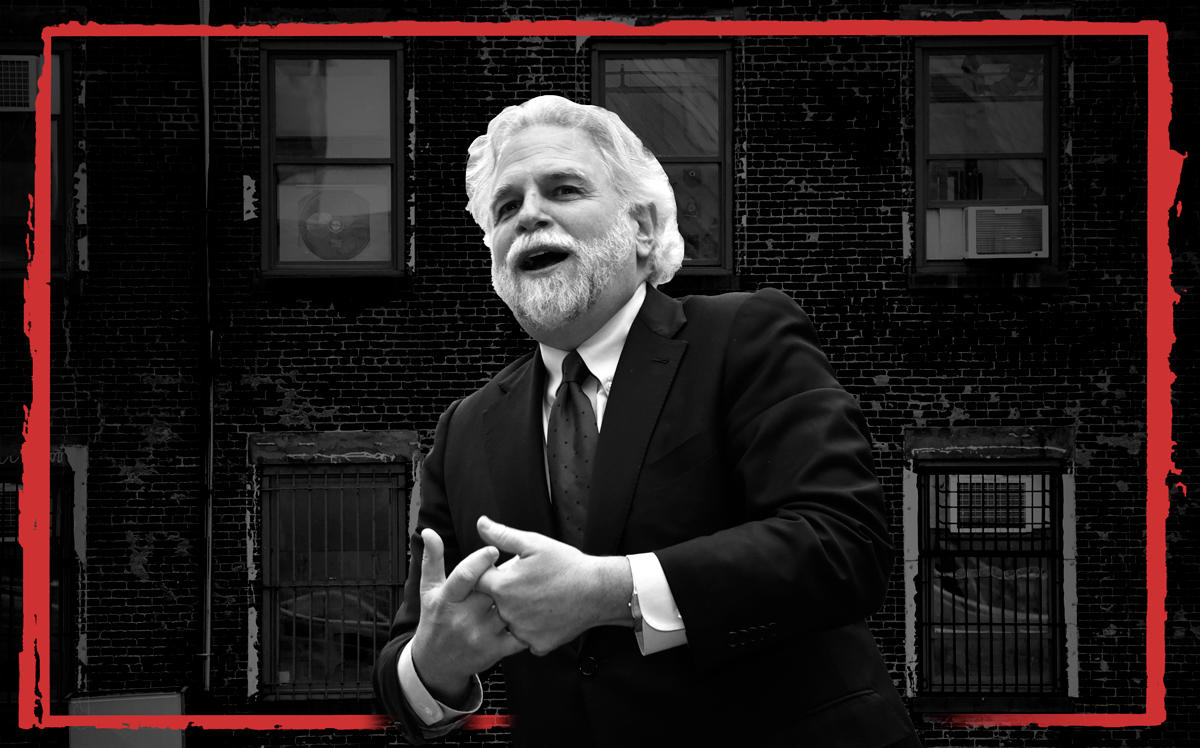Another group of landlords has filed a lawsuit challenging New York’s new rent law, hiring Randy Mastro to argue that the statute hurts minority tenants as well as property owners.
Mastro, a former deputy mayor in the Giuliani administration who is now at Gibson, Dunn & Crutcher, argues in a 77-page federal complaint that the law passed in Albany last June expands an unfair advantage for rich tenants, in violation of federal law.
Read more



The case was brought by G-Max Management, Green Valley Realty, Siljay Holding, Jane Ordway, Dexter Guerrieri, and eight other landlords who collectively own 14 buildings with 375 units, most of them rent-regulated. This is at least the fourth lawsuit to challenge the law, which went into effect in June.

Attorney General Letitia James (Credit: Getty Images)
It names as defendants the state of New York, Attorney General Letitia James and RuthAnne Visnauskas, the Cuomo administration’s top regulator of rent-stabilized housing; as well as the governments of New York City, Yonkers and Westchester County.
“The only real winners here will be the wealthy white tenants who, according to U.S. Census Bureau data, already disproportionately benefit from rent regulation, and who are now poised to receive a massive windfall at the expense of minority renters who will be frozen out of historically majority-white neighborhoods,” the complaint says.

HCR Commissioner RuthAnne Visnauskas
It continues, “By exacerbating the law’s disparate impact, the [law] perpetuates residential racial segregation in New York and negatively impacts the diversity of New York rental housing, harming owners, tenants, and the community as a whole, in violation of the federal Fair Housing Act.”
The lawsuit also cites all the other arguments against the law that landlords have made in court filings and in the court of public opinion: That its drastic reductions in allowable rent increases for repairs and renovations, and the removal of the primary ways to remove apartments from rent regulation, amount to an illegal taking of owners’ property.
It also argues that many landlords bought their properties with an expectation based on the law that they would eventually be able to remove them from rent regulation. But the new law closed off virtually all paths to deregulation and was made permanent, unlike preceding versions, which had expiration dates and required the government to certify that a “housing emergency” remained in effect.
The federal lawsuits against the rent law could take years to resolve, and could be taken up together at some point by the Supreme Court.
The new suit’s argument about disproportionate benefits is a criticism of the city’s rent regulation that has been made for years: That units with the most discounted rent — compared to what they would fetch on the open market — are in prime Manhattan neighborhoods and largely occupied by white tenants with healthy incomes. Supporters of the system say its benefits to low-income tenants outweigh its imperfections.
